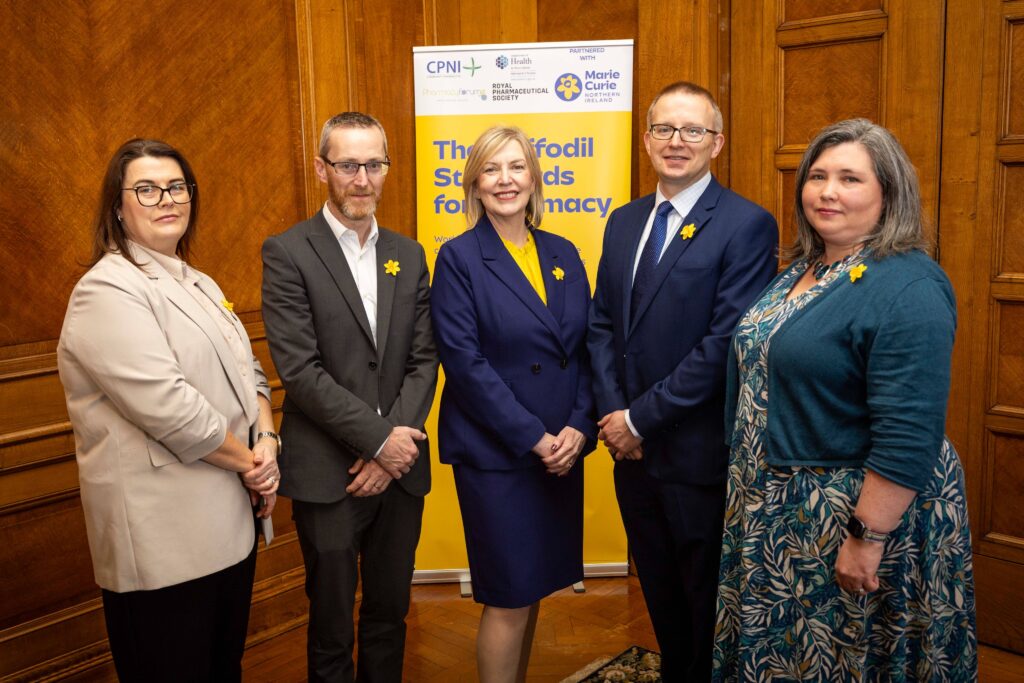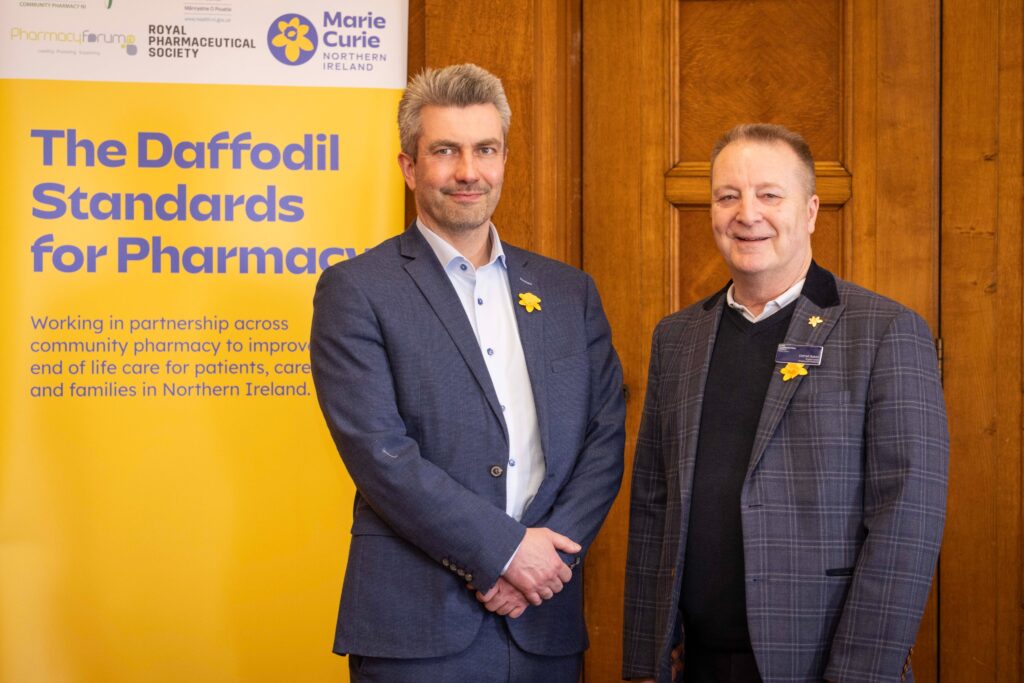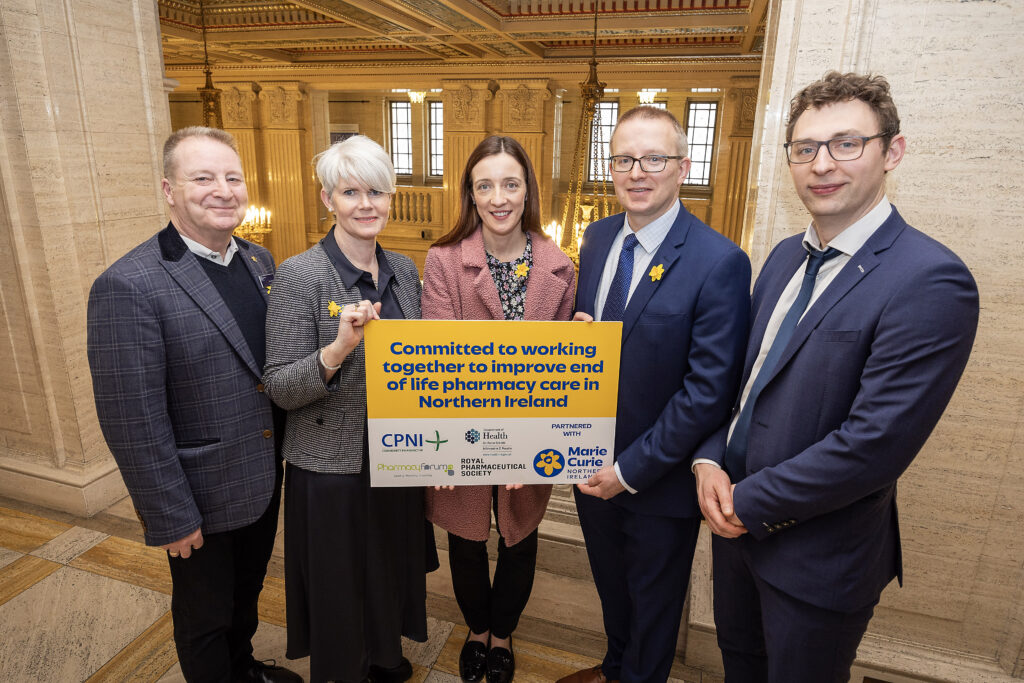Health service bodies say increased staff costs will impact patients
From 1 April 2025, Northern Ireland Community Pharmacists, General Practitioners, Dentists and Optometrists have warned that new UK Government National Insurance Contribution (NIC) and Minimum Wage increases will have an immediate impact on patients and the wider health service.
Their representative bodies (Community Pharmacy NI, the BMA, the British Dental Association and Optometry NI) are calling on the Health Minister Mike Nesbitt and the Northern Ireland Executive for immediate financial support. They have warned of the imminent risk of vital health services collapsing as operating costs can no longer be covered.
The NIC and Minimum Wage changes, effective from April 2025, add significantly to staff costs. The four bodies have stated the impact of these additional overheads will be an inevitable reduction in opening hours, cuts to staffing levels and reduced access to patient care.
Although commissioned to deliver primary care health services on behalf of the Department of Health, these practitioners are not shielded from the UK government’s latest revenue-raising measures. Unlike hospitals or health trusts which fund staff costs through national health service pay agreements, many of these practitioners (dentists, opticians, community pharmacists and GPs) operate as small businesses and are therefore responsible for their own wage bills.
For community pharmacy alone, the estimated additional cost from the new rates of NIC and minimum wages is £12.4million per annum, with the first hit on wages bills being felt this week.
In a letter to the Minister in December the grouping of four healthcare bodies warned that urgent and immediate action is needed, as vital primary health services are at risk. They said,
“Medical, pharmacy, dental and optometry providers are the front door to the health service for families across Northern Ireland and vital for the transformation of care.
“Yet these services are under extreme financial pressure, resulting in the closure of general practices and community pharmacies, the most rapid shrinkage of NHS Dentistry anywhere in the UK and reduced access to optometry caused by the removal of automatic access to care for patients on universal credit.
“Without adequate protection from UK Government policy changes, the precarious position of Family Practitioner Services in Northern Ireland will deteriorate further.”
The magnitude of the national insurance cost impact to the independent sector, which includes community pharmacists, GP’s, dentists and opticians, is accepted by the Health Minister as £36.5m annually.
From the start of April, the public are being warned to expect a reduction in opening hours and staff levels, together with longer waits for appointments and services, as contractors struggle to meet demand in the face of these unprecedented financial pressures.
Chief Executive of Community Pharmacy NI, Gerard Greene, said,
“In the private sector, businesses can often offset such cost increases by raising the prices of their goods and services. Community pharmacies do not have this option. Unlike the health service, they are not shielded from these increases.
“The situation is becoming wholly unsustainable and goes entirely against the ethos of delivering public health services – individual pharmacy contractors are personally propping up this service out of their own pockets. We are at the point where, regrettably, this now means difficult decisions on staff numbers and opening hours.”
Dr Frances O’Hagan, BMA Northern Ireland General Practitioners Committee chair said,
“We cannot overstate the severe financial pressures Family Practitioner Services in Northern Ireland collectively are now under. This will inevitably mean increased patient access issues, further shrinkage of Health Service dentistry in NI, further closure of general practices and community pharmacies, and reduced access to NHS services in optometry practices caused by the removal of automatic access to care for those patients on universal credit. The scope for each of us to raise additional revenue is extremely limited and we would not want patients having to pay more when their own finances will be similarly stretched.
“We call on the Health Minister and the Executive to intervene immediately and provide the mitigation and support needed to offset these latest cost increases we now face.”





